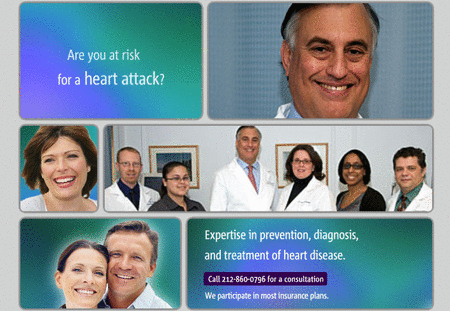Considered to be a major cause of death especially in the United States, stroke is a major health situation that should be dealt with wisely. Having good knowledge of identifying its signs can be a major help in avoiding more complicated health situations in the future.
Stroke happens when the blood flow is suddenly restricted from being supplied to the brain. It may happen within only a few seconds. That is why immediate actions and precautions must be taken the moment one notices its signs. Considering many Americans are unaware of major warning signs of a stroke, it is imperative to know those signs.
How to identify stroke
This type of problem is a serious concern. Failing to take immediate and fast corrective measures and proper care can cause long-term negative effects on health. It can often end up causing blocked flow of blood, long term disabilities, and even death.
If you ever feel that someone around you may have a stroke or may be in its initial stage, act quickly and follow these instructions. Ask the person to smile or repeat a sentence. Ask the person to raise both of his or her hands. Upon noticing any stroke signs, for example, if you notice the person to be confused have any numbness, or a headache, make sure to call emergency for medical attention.
Types:
There are two types of stroke. The first one is called hemorrhagic. This happens when blood vessels bleed and at times eventually get ruptured. Aneurysm is also a part of this problem that can cause bleeding within the brain.
The second type is called transient ischemic attack (or TIA). This one is usually minor, also called warning stroke. In this situation, a blood clot gets formed only for a short span but then corrects itself by making its way through the artery and the body starts functioning normally. Although its symptoms may go away after a while, it can be an alarming indication of potentially threatening situations in near future.
Effects:
A stroke can turn out to be life threatening as well as life altering. Restricted blood flow can cause confusion, paralysis, and several types of long term disabilities. The person may face difficulty in walking and have slurred speech and blurred vision. Numbness in arms, legs, face or one side of the body is also a common effect of this medical condition. The patient may experience a sudden onset of excruciating headache. The intensity of the headache could be extreme.
The key to handling a complicated medical situation like stroke is to know signs and symptoms and to act as quickly and smartly as possible. Do not neglect any signals and make sure to seek expert medical attention.
Stroke happens when the blood flow is suddenly restricted from being supplied to the brain. It may happen within only a few seconds. That is why immediate actions and precautions must be taken the moment one notices its signs. Considering many Americans are unaware of major warning signs of a stroke, it is imperative to know those signs.
How to identify stroke
This type of problem is a serious concern. Failing to take immediate and fast corrective measures and proper care can cause long-term negative effects on health. It can often end up causing blocked flow of blood, long term disabilities, and even death.
If you ever feel that someone around you may have a stroke or may be in its initial stage, act quickly and follow these instructions. Ask the person to smile or repeat a sentence. Ask the person to raise both of his or her hands. Upon noticing any stroke signs, for example, if you notice the person to be confused have any numbness, or a headache, make sure to call emergency for medical attention.
Types:
There are two types of stroke. The first one is called hemorrhagic. This happens when blood vessels bleed and at times eventually get ruptured. Aneurysm is also a part of this problem that can cause bleeding within the brain.
The second type is called transient ischemic attack (or TIA). This one is usually minor, also called warning stroke. In this situation, a blood clot gets formed only for a short span but then corrects itself by making its way through the artery and the body starts functioning normally. Although its symptoms may go away after a while, it can be an alarming indication of potentially threatening situations in near future.
Effects:
A stroke can turn out to be life threatening as well as life altering. Restricted blood flow can cause confusion, paralysis, and several types of long term disabilities. The person may face difficulty in walking and have slurred speech and blurred vision. Numbness in arms, legs, face or one side of the body is also a common effect of this medical condition. The patient may experience a sudden onset of excruciating headache. The intensity of the headache could be extreme.
The key to handling a complicated medical situation like stroke is to know signs and symptoms and to act as quickly and smartly as possible. Do not neglect any signals and make sure to seek expert medical attention.

